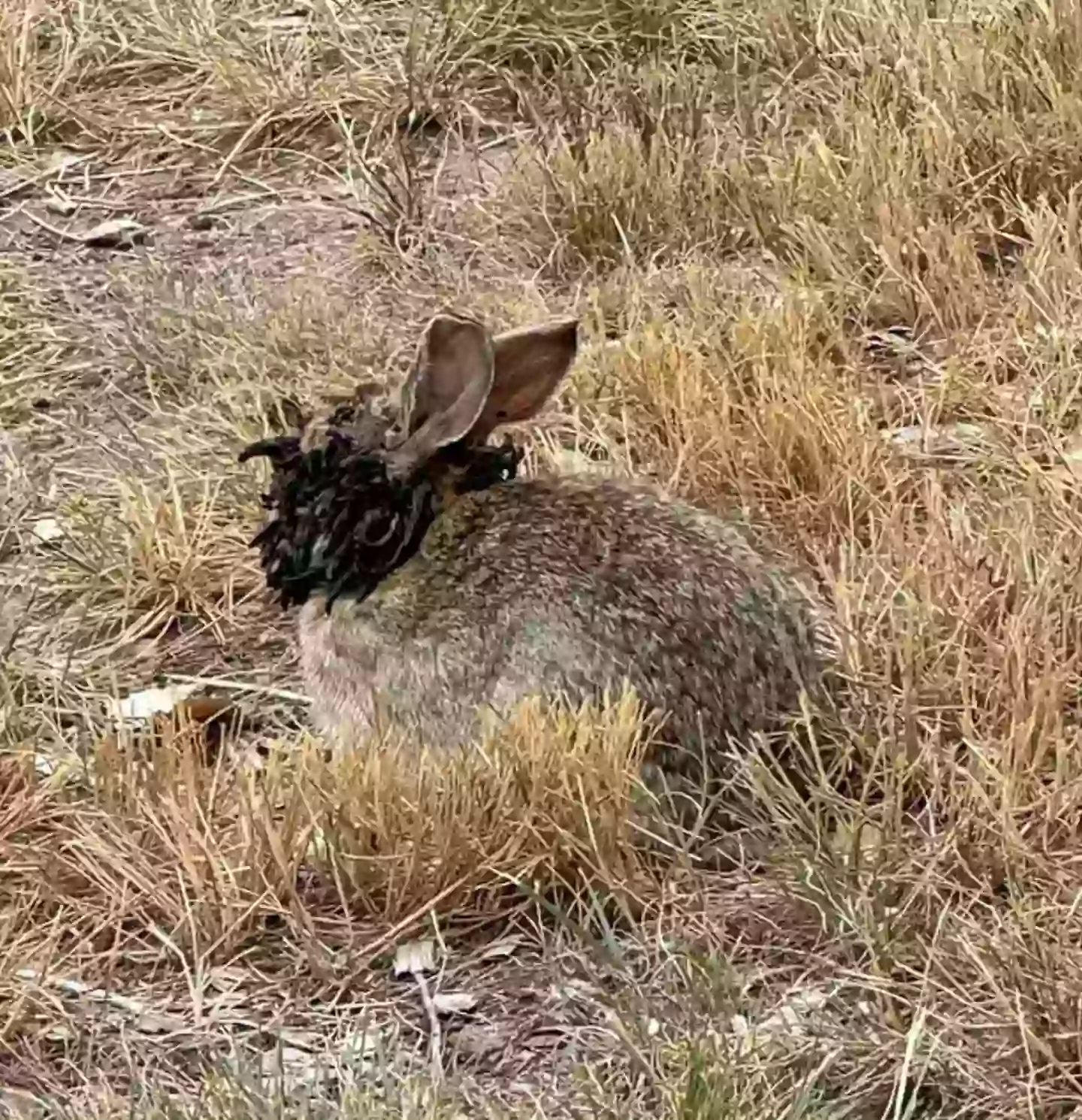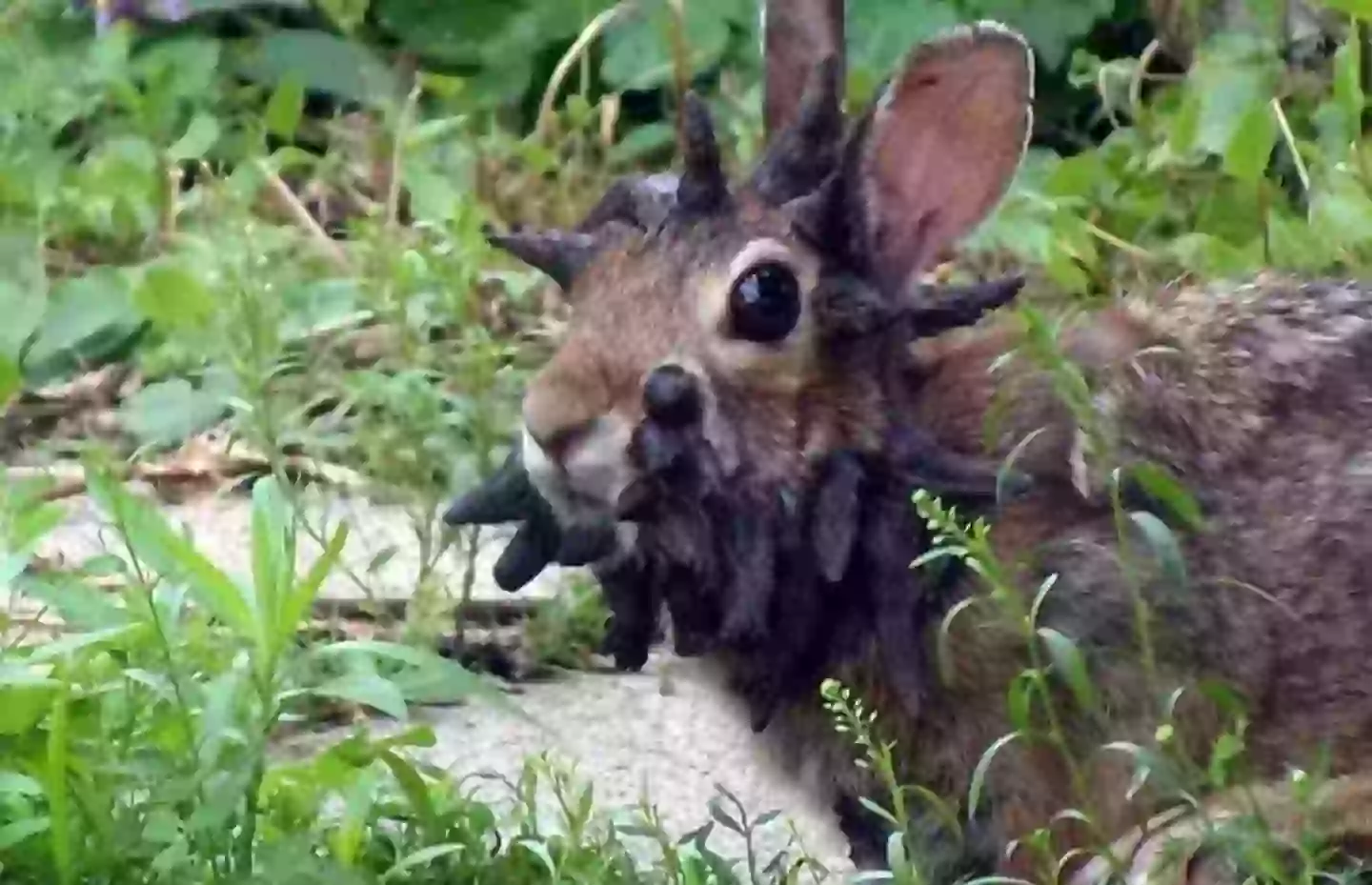Terrifying Truth Revealed: Are Frankenstein Rabbits Set to Invade the Globe?
If you ever thought the internet had run out of ways to weird you out, think again. Picture this: innocent, fluffy bunnies suddenly sporting what look like alien tentacles sprouting from their faces. Nope, this isn’t some glitchy AI art gone rogue—it’s real, courtesy of a rare outbreak of the shope papilloma virus among wild rabbits in parts of the US. These so-called ‘Frankenstein’ rabbits have turned adorable fuzzballs into borderline nightmares, and honestly, it’s hard not to wonder—did Dr. Frankenstein miss a memo on what his monster was supposed to look like? Luckily, while these growths are pretty terrifying to eyeballs like mine, they don’t usually stop the bunnies from munching or hopping about… unless those weird tentacles block their view or their mouth. If this sounds like a sci-fi flick, trust me, it’s all too real—and worth keeping an eye on, especially if you live where these critters roam. LEARN MORE
Of all the cursed things I’ve seen on the internet, cute bunny rabbits with alien-looking tentacles is perhaps the worst.
No, this isn’t AI, but in fact an outbreak of a rare virus among some wild rabbits living in the US, producing the terrifying result of something once fluffy and adorable now looking like it could eat your face off at any moment.
It’s unclear how or why they’ve come to be known as ‘Frankenstein’ rabbits since the doctor certainly didn’t have any tentacles sprouting from his face, let alone his monster creation, but that seems to be their name from now on.
In more scientific terms, the wild animals are suffering from something known as shope papilloma virus, which typically causes ‘raised, red, and rough’ lesions which are usually larger than one centimetre in length to sprout from the animals‘ fur.
According to Colorado Parks and Wildlife (CPW), the tumours don’t interfere with bunnies unless they block their sight and mouth.
“The growths have no significant effects on wild rabbits unless they interfere with eating/drinking. Most infected cottontails can survive the viral infection, after which the growths will go away,” it writes.
“For this reason, CPW does not recommend euthanising rabbits with papillomas unless they are interfering with the rabbit’s ability to eat and drink.”

Terrifying stuff (Reddit)
While the warts are sometimes harmless, they can also worryingly lead to carcinoma cancer, particularly in pet rabbits who are unfortunate enough to catch it – although before you ask, humans cannot contract it.
How can pet rabbits catch shope papilloma virus?
Infection in pet rabbits is rare, but can happen.
Papilloma virus is generally caused by the bite of an arthropod vector, such as a mosquito or tick, with the bugs then passing it on from rabbit to rabbit.
In the summertime, when things are a bit hotter, these bugs are even more prevalent, which is why outbreaks of the virus are more common at this time of year.
Kara Van Hoose, northeast region public information officer for Colorado Parks & Wildlife, told Today the virus is also transmissible between infected rabbits, and warned people to avoid touching or approaching infected animals.
Could we see ‘Frankenstein’ rabbits in the UK?
The rabbits most likely to be infected are wild cottontail rabbits, most commonly found in the midwest of US.
It can, however, affect multiple rabbit species including brush rabbits, black-tailed jackrabbits, snowshoe hares, European rabbits, and domestic rabbits.

UK rabbits should be safe (Reddit)
But fortunately, I have some more good news for Peter Rabbit and co, as the chances of the scary-looking virus spreading worldwide seems fairly low.
According to Vetlexicon, the virus ‘does not occur in the UK or Europe’, which is a relief for me because if I saw one in the UK I’d be running as fast as I can in the other direction.
It has been spotted in Colorado, South Dakota, Minnesota and Texas, so it’s important for people who live in these areas keep their pet rabbits safe during the summer months.
Van Hoose said: “The virus is mostly benign in rabbits. The animal can clear the virus from its system on its own. We would be concerned only if the growths are on the eyes or impede the rabbit’s ability to eat.”
Hopefully, by the time these pesky bugs disappear again, the rabbits will be back to their loveable old selves.

















